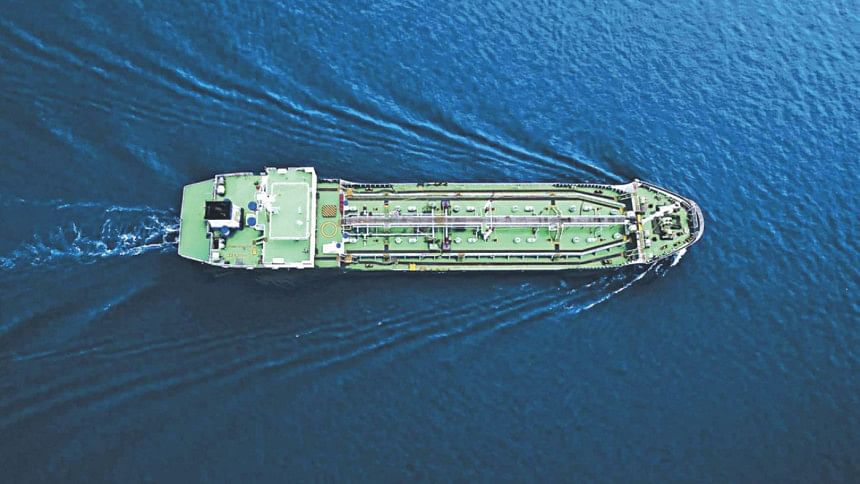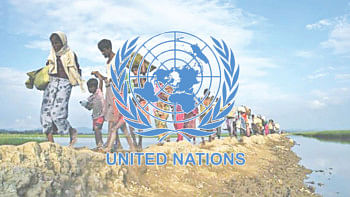Blue economy ministry proposed to tap potential

State Minister for Planning Shamsul Alam yesterday proposed creating a new authority – either a ministry or a division under a ministry – to help dedicatedly tap the potential of blue economy.
Though the country's maritime disputes were settled in 2014, the private sector is not coming up with investment focusing the immense associated potentials, including fishing, shipping, mineral resources and marine food and tourism, he said.
Alam was addressing a seminar titled "Blue Economy and Maritime Security: Bangladesh Perspective" organised by the Bangladesh Institute of International and Strategic Studies (BIISS) on its premises.
While small boats are now the prime mode for fishing, fish of higher economic value can be caught at deep sea but this potential is largely untapped, said Khurshed Alam, secretary (maritime affairs) to the foreign ministry.
Given Bangladesh's location and international trade, shipping holds enormous potentials. As a deep-sea port is in the offing in Bangladesh, it is high time for the private sector to make new investment, he said.
It is crucial to conduct comprehensive studies on different sectors of the blue economy and draw investments, said Khurshed Alam.
The Bay of Bengal may become a theatre of great power games in the future with changes in global geopolitics, said Prof Delwar Hossain of the Department of International Relations at the University of Dhaka.
There are a number of initiatives, including the Belt and Road Initiative led by China, US-led Indo-Pacific Economic Framework and Indo-Pacific Strategy, Japan's Free and Open Indo-Pacific and the Aukus nuclear pact among Australia, UK and US, he said.
"We need to deal carefully to keep our interests in the region," he said.
Regional groups, including the Bay of Bengal Initiative for Multi-Sectoral Technical and Economic Cooperation (Bimstec) and Indian Ocean Rim Association (IORA), can play important roles in harnessing the potentials of blue economy, said Bangladesh Enterprise Institute President M Humayun Kabir.
As the current chair of the IORA, Bangladesh should float ideas and translate them into actions. When it comes to security issue, Bangladesh should promote itself as an agent of peace, he said.
Optimum utilisation of the blue economy can add 3 to 4 percentage points to Bangladesh's gross domestic product (GDP) growth, said speakers at the event.
However, inadequacies prevail in research allocation, seaweed value chain and market development and assessment of stocks of inorganic marine resources, including minerals, they said.
Bangladesh is equipped to fish within just 60 square kilometres off the coast whereas it has exclusive rights to about 118,813 square kilometres.
Bangladesh's share in global fish production is limited to only 2.6 per cent while its oceanic economic zone is equal to 81 per cent of its mainland, states the BIISS.
In his recent budget speech in parliament, Finance Minister AHM Mustafa Kamal announced a ''Pilot Project on Tuna and Similar Pelagic Fishing in the Deep Sea".
Prof Dr Abul Kalam Azad of the Jahangirnagar University, BIISS Chairman Kazi Imtiaz Hossain, Director General Mohammad Maksudur Rahman, Research Director Dr Mahfuz Kabir and research fellow Moutusi Islam also spoke.

 For all latest news, follow The Daily Star's Google News channel.
For all latest news, follow The Daily Star's Google News channel. 



Comments